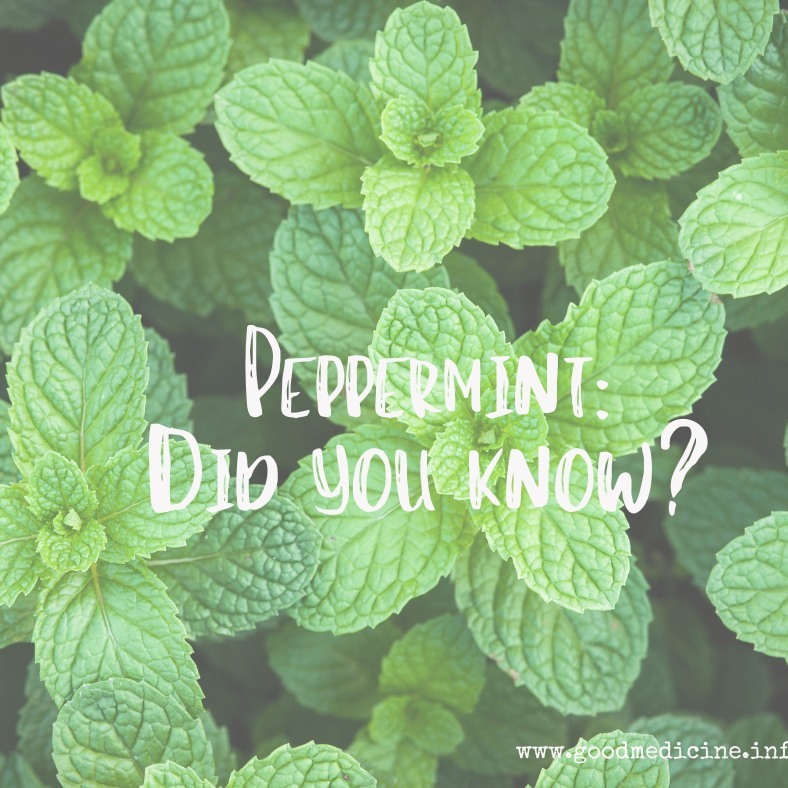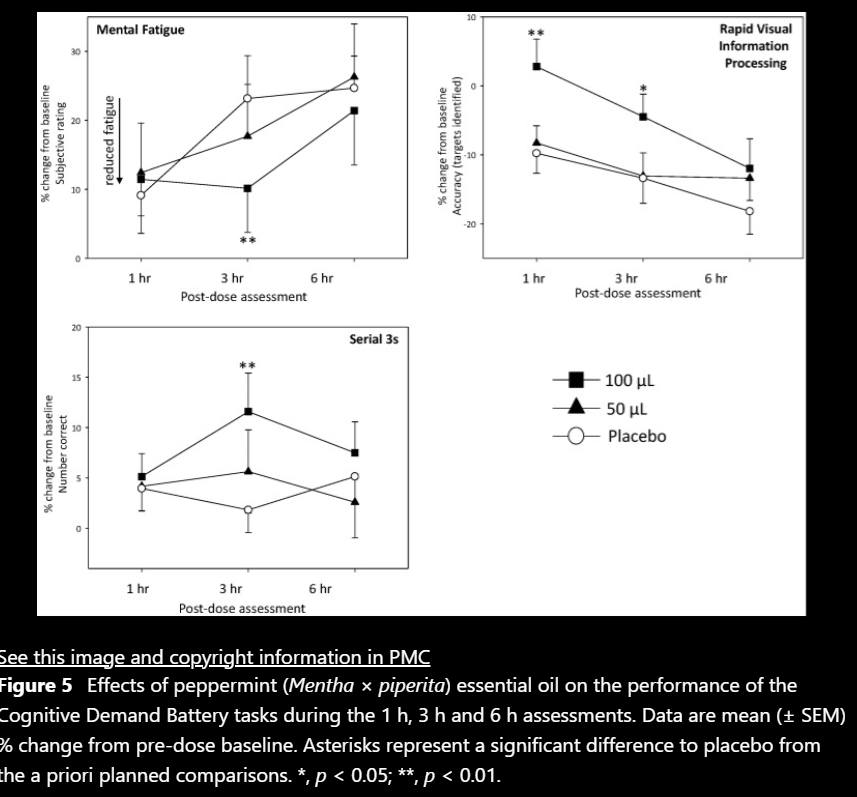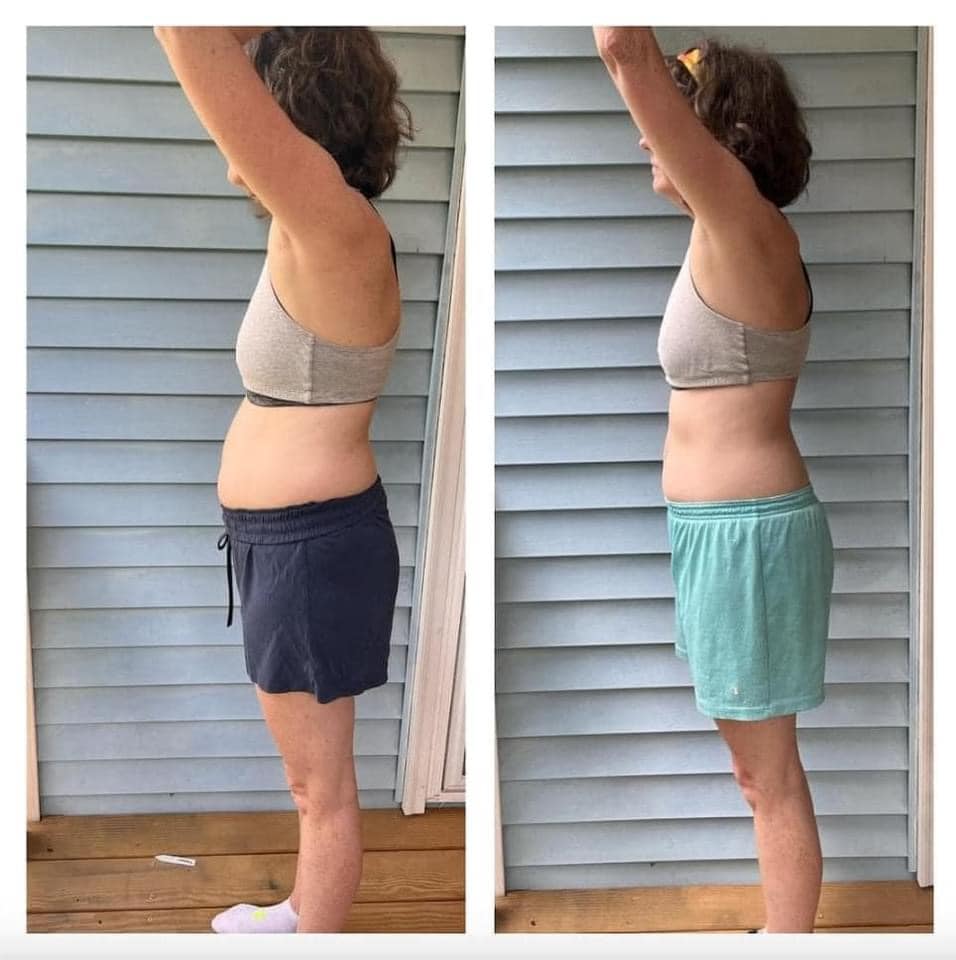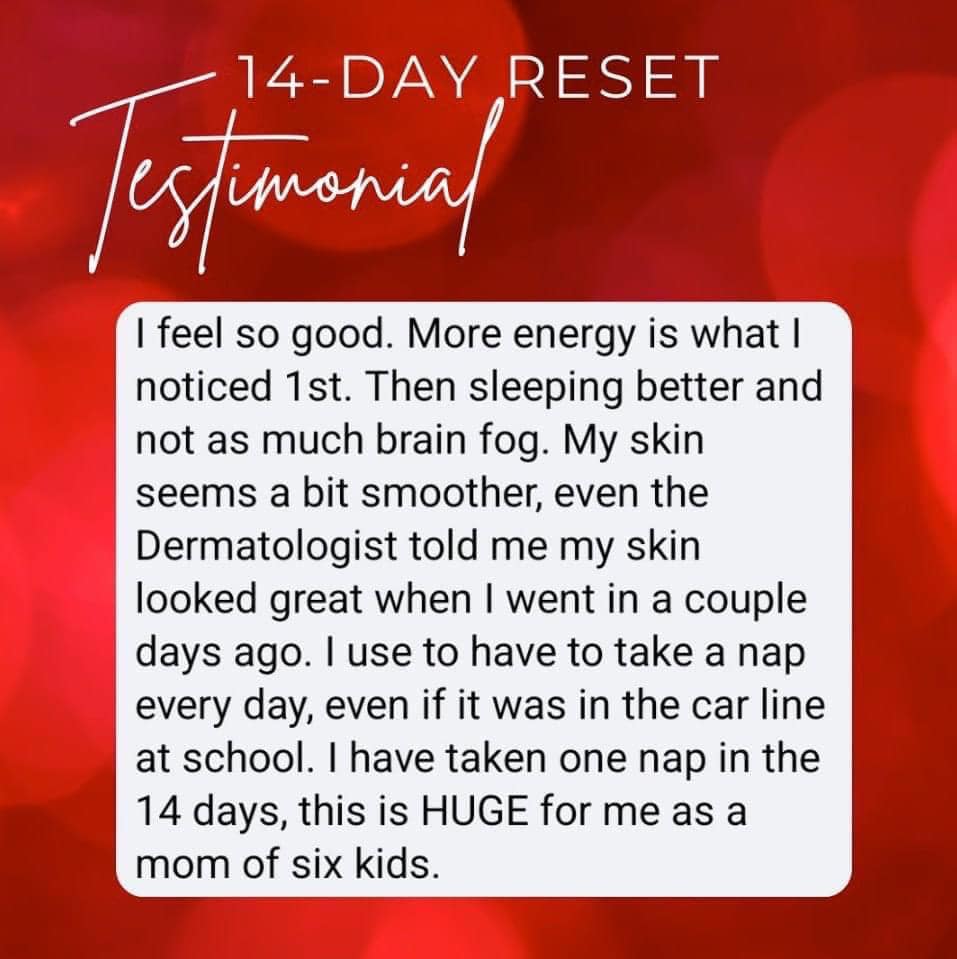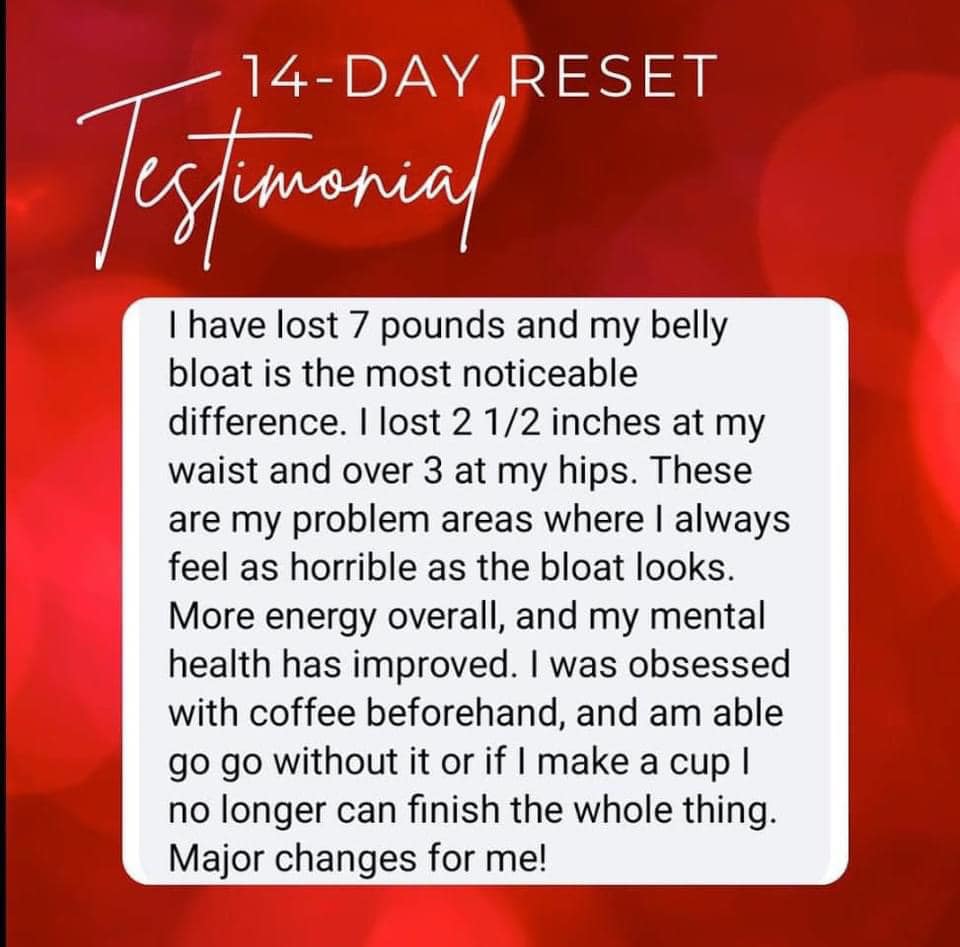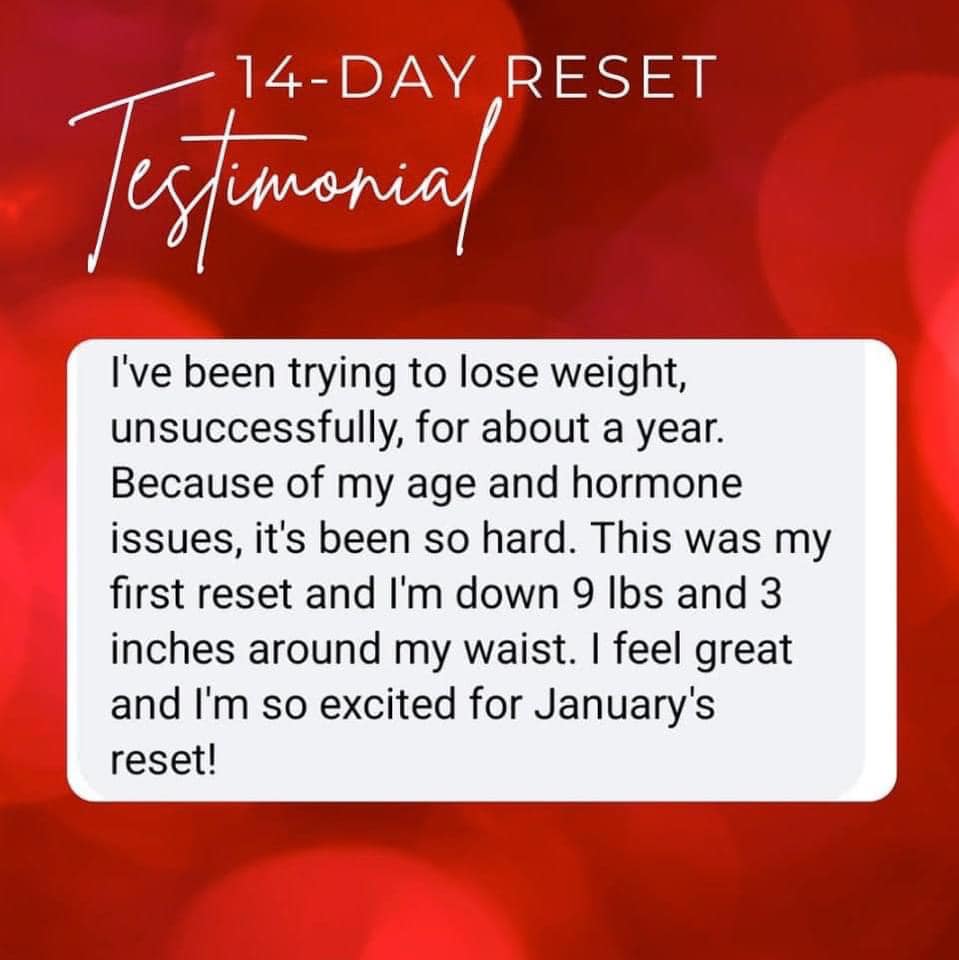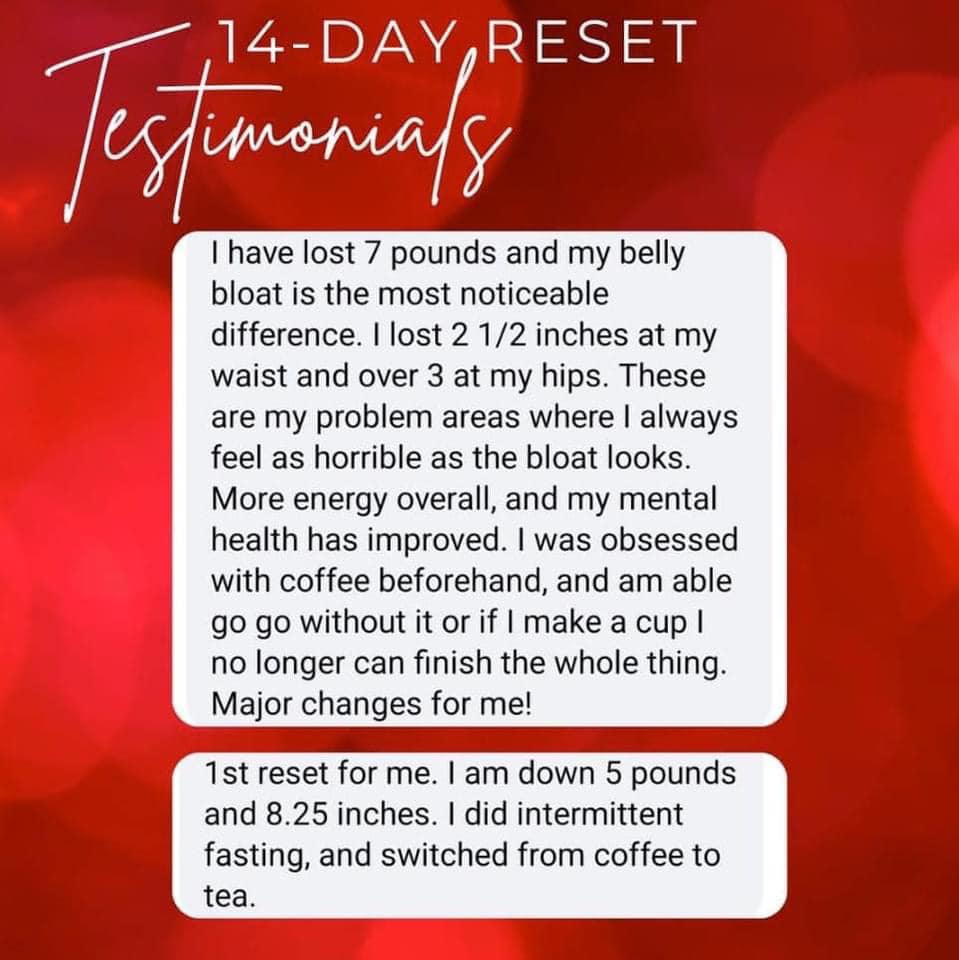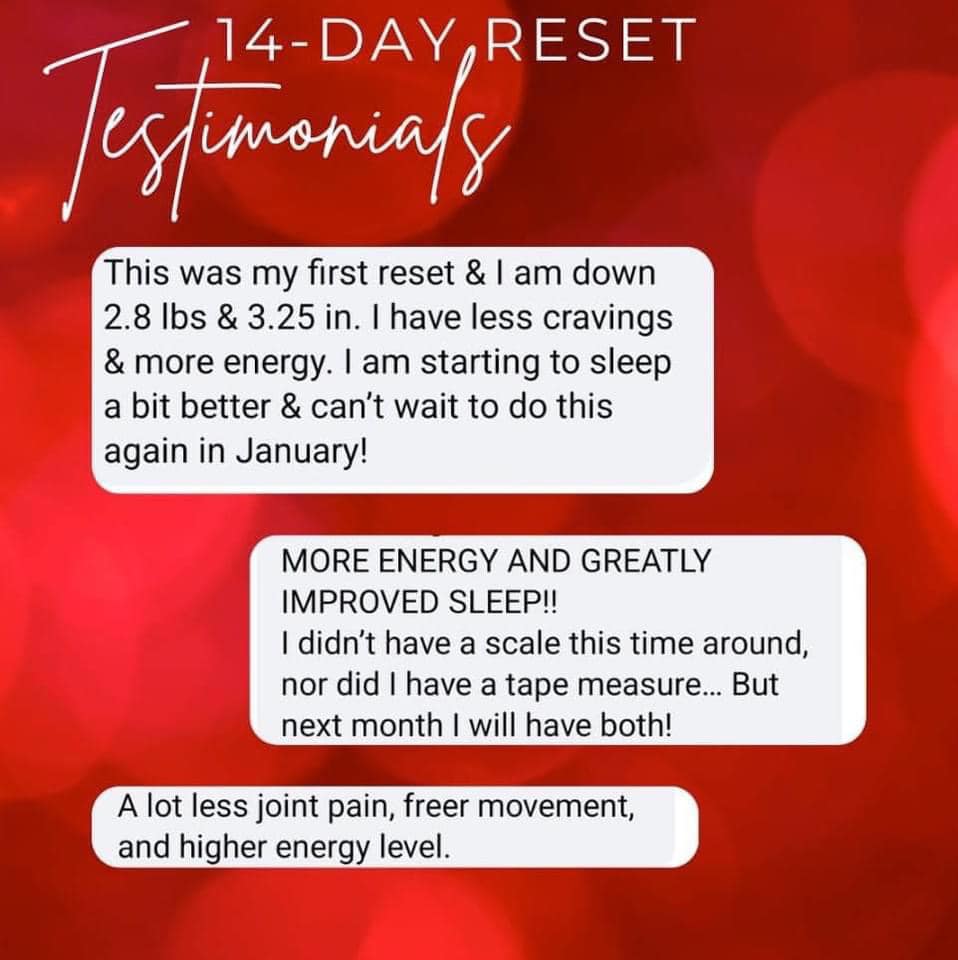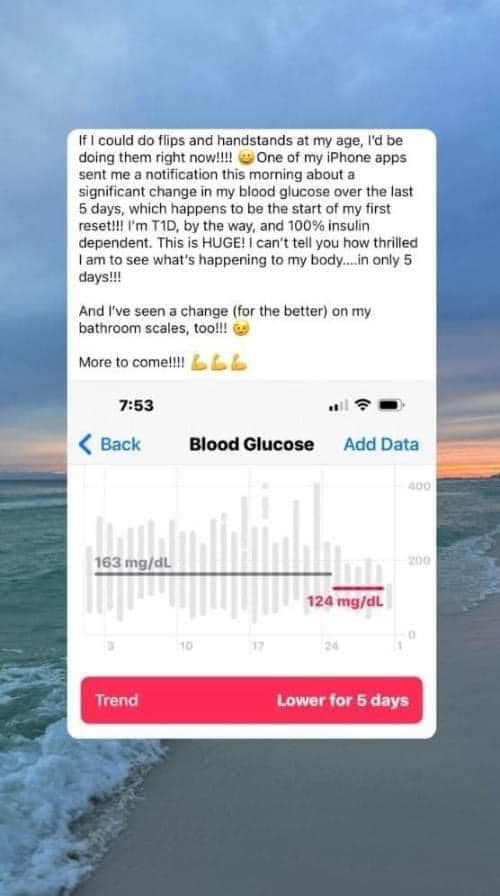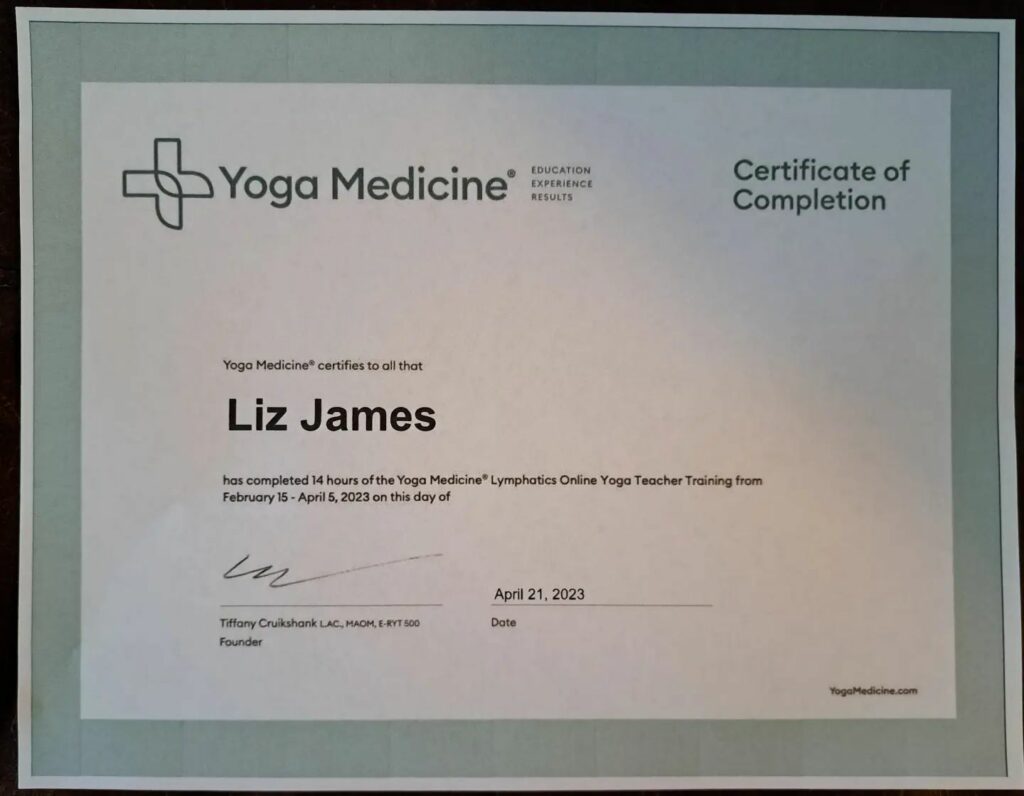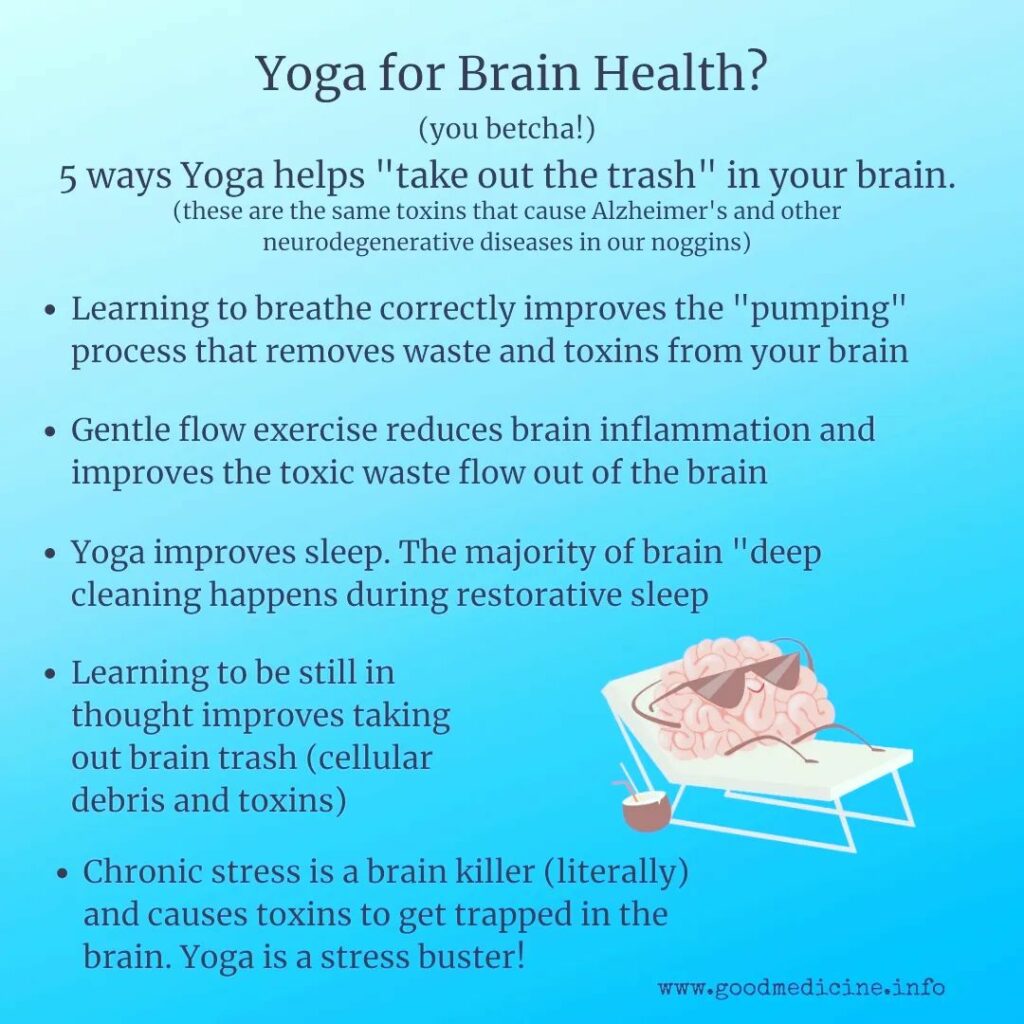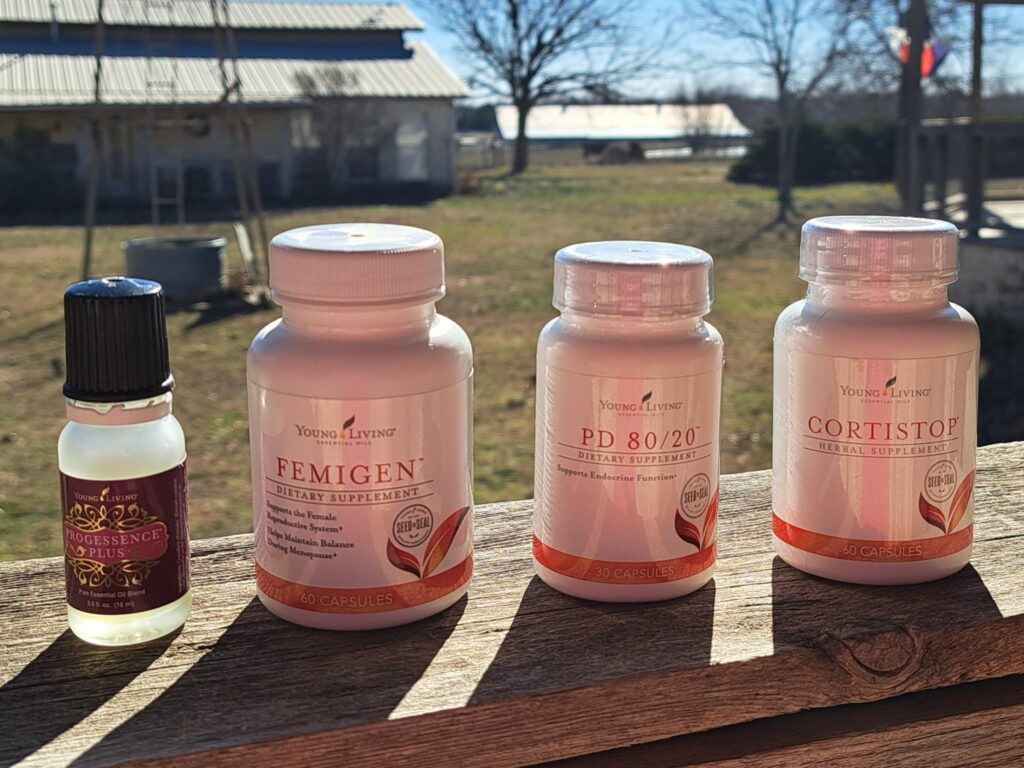
Does Everyone Need Hormone Support?

Hormone Quiz: True or False (answers are at the bottom  ).
).
1. Hormones are no longer important after menopause.
2. There is a close relationship between hormones and gut health.
3. Synthetic hormones are safe and closely match our hormones.
4. Adequate sex hormones help protect and can even improve cognition and brain function.
5. Men and women have the same hormones, just different amounts.
6. We have hormone receptors in our kidneys.
7. Our lungs are healthier if we have adequate hormones serving them.
8. Women tend to live longer if they incorporate hormone support during their period and menopause.
9. Getting hormones checked with labwork after menopause is unnecessary.
10. Labs are important, but the most important indicator is how you feel.
11. Hormones play a role in our muscle mass before and after menopause.
12. Hormones don’t play a role in our sleep quality.
13. If hormones are unbalanced or deficient, it can affect the quality of my voice.
14. If I have junk (toxins) in my body that prevents hormones from “docking” on a receptor site, I just need more hormones on board to overcome that obstacle.
15. Phyto (plant-based) estrogens do not increase cancer risk.
Are you ready for some answers now? I’ll put numbers by each answer in the rest of this post.
Hormones are incredibly important throughout our body until the day we die! While that doesn’t mean having babies til we’re in our 90s like Sarah in the Bible, they have a profound effect elsewhere in the body. (1) Let’s talk about that, shall we? I’m hitting highlights here, but I think you’ll get the picture….. As our hormone production goes down, various parts of the body suffer. Our gut (and gallbladder) health declines because there are hormone receptors lining our digestive tract, where most of the immune system resides. Why are women more prone to acquiring autoimmune diseases than men? Could it be because our hormone (or lack thereof) production wanes drastically in the event of surgical or natural menopause, stress, or many other factors, and the gut is affected negatively? (2)
We have receptors for hormones throughout the brain. They help maintain cognition. An estimated 80% or more of the people in neurodegenerative facilities likely wouldn’t be there if they had given their brains an “assist” when hormones were waning. (4) This is especially important for progesterone support. It’s been found that those who do not support hormones as they age tend to age at their normal physiological rate (which picks up speed at every decade). Hormone support slows that process down. Yes, men need estrogen and progesterone too….. Just as women need testosterone, in different ratios of course (5).
After the age of 40, hormones begin waning, and another organ that potentially can take a hit is the kidneys. A decrease in hormones often results in a decrease in kidney filtration rate and function. (6)
The lungs in both men and women are especially responsive to progesterone (7) in several ways. Progesterone helps the lungs repair from injury and also helps protect FROM injury. They’ve done some studies during COVID and found that (according to the studies), progesterone appeared to help with lung recovery.
Multiple studies have shown that women live longer, more productive lives if they have hormone support. ( The largest study ever run by the NIH and Nat Library of Medicine looked at 1.5 million women who had estrogen-supportive therapy versus those who did nothing. The outcome? ….. Those with “help” lived 20% longer. (
Many doctors quit running hormone labs once you’ve gone through menopause. Is this ok? Noooooooooo. (9) Your hormones continue to require you to be the conductor of your life’s dance and a little labwork can help with that dance. The best indicator tho??? …… that‘s you. How do you feel? If you feel good, great!!! If you don’t feel great, productive, and energetic most days, it’s past time for an evaluation of what’s working and what’s not. (10)
This is your life, and you play the starring role. You’re also the Director of your life’s show. Exercise is important, as is keeping and building muscle mass. The loss of muscle mass happens as we age. It’s hugely common to hear women talking about losing their strength while gaining a few inches around their belly. You can thank lack of estrogen (11) support for that (as well as excess cortisol usually….. Go check out the post on cortisol!).
Sleep is equally important. We cannot heal and recover from anything without sleep, nor can we function optimally without it. Progesterone “deficiency” is one of the key players in the loss of sleep quality. (12) Yes….. why certainly you could take prescription meds for sleep, but there will be consequences (a 33% increased risk of dementia is one of them.)
Perhaps even you hear a change in people’s voices as they age. The quality (range, tone, strength) all begins to deteriorate. This is not surprising. We have hormone receptors on our esophagus and vocal cords (13)…. I think you’re getting the picture, right? Those little hormone receptors are EVERYWHERE.
To compound the problem, fake hormones (also known as endocrine disruptors) are everywhere. (3) Those little suckers plop themselves right into where the hormones are supposed to attach themselves to do their work. Once those receptor sites are filled up, there’s no more room, and what hormones our body IS producing can’t do their work properly. This is why it’s so important to keep toxins out of your body (which also includes synthetic hormones like birth control) and to detox pretty regularly (NingXia Red and SulfurZyme are both great daily gentle adjuvants for that course of action).
Now…… we are all created differently and need different amounts and even different help in some areas more than others. Here’s a picture of my 4 favorite things that have helped me in my journey through menopause and beyond. Others will have other favorites. I love that I can use plants to support my hormones safely (15).
Go through the entire Happy Hormones Class. It’s entirely worth your while. Live your life abundantly….. And you’re gonna need hormones to do just that! 
Xoxo~ liz
(PS: how’d you do on the quiz?)

